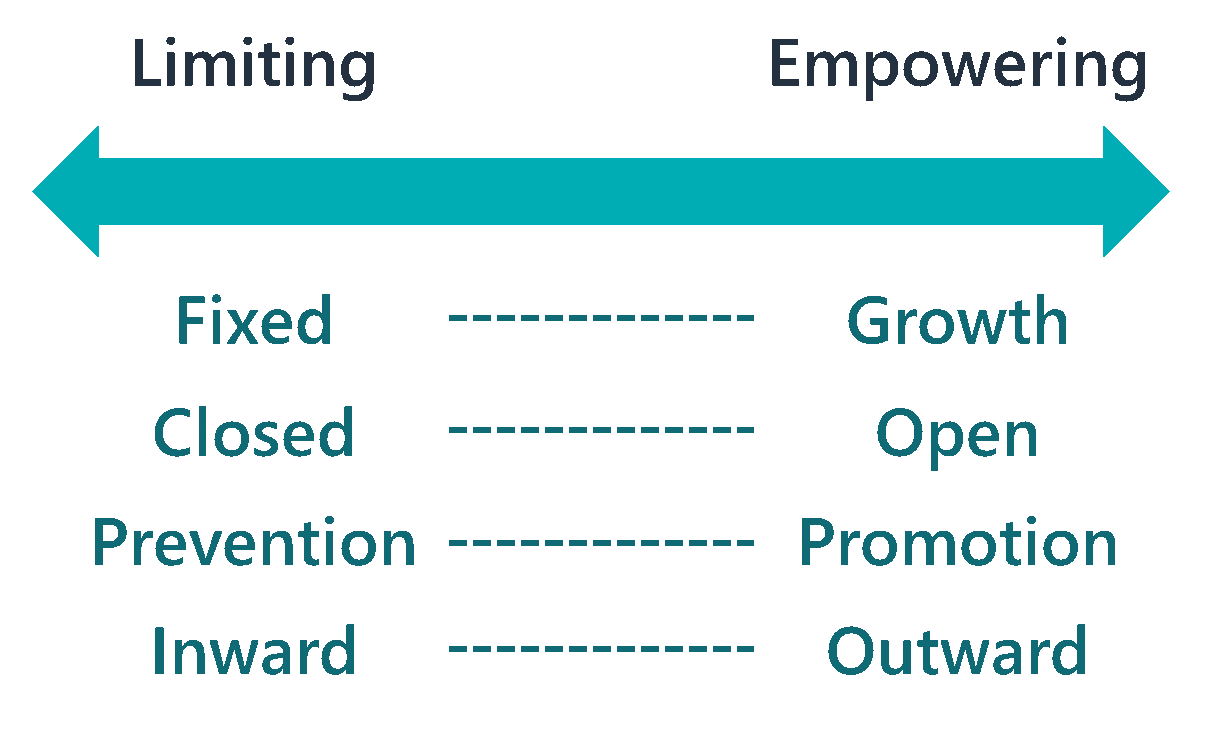Emotional intelligence is a fancy term for possessing self-awareness and other-awareness in the following ways:
- Self-awareness = ability to (1) diagnose and recognize our emotions, and (2) control our own emotions
- Other-awareness = ability to (1) recognize and diagnose emotions displayed by others, and (2) respond appropriately to others’ emotional cues.
Interesting factoids regarding emotional intelligence (from Emotional Intelligence 2.0):
- Over the last 100 years, IQs have increased and EQs have decreased
- The individuals within organizations that generally have the highest levels of emotional intelligence are mid-level managers. This is likely because they have to interact with employees and customers at the ground floor.
- The individuals within organizations that generally have the lowest levels of emotional intelligence are those on the executive level. This is likely because as individuals move up the corporate latter, they become more and more removed from the ground floor (where all of the real action is occurring) and associate more and more with individuals who are growing increasingly less emotional intelligent.
Regarding the two components of emotional intelligence, I have two beliefs:
- Self-awareness is generally more difficult for people than other-awareness
- The more self-awareness we have, the better we become with other-awareness
For this post, I want to focus on how we can enhance our self-awareness in order to improve our emotional intelligence.
Self-Awareness
What percent of people think they are self-aware?
- 95%
What percent of people are actually self-aware?
- 12-15%
These results led the person who identified them, Tasha Eurich, to state: “On a good day, about 80% of people are lying about themselves—to themselves.”
The key question then becomes: how do we bridge the gap between the self-awareness we currently have and the self-awareness we need to have to be more emotionally intelligent?
Awaken to Our Mindsets
90% of our thinking, feeling, judging, and acting are driven by our non-conscious automatic processes. This means that we operate on autopilot essentially all of the time.
Is someone who operates on “autopilot” emotionally intelligent? Unlikely.

Thus, in order to enhance our self-awareness, we need to understand what drives our non-conscious automatic process, and use that knowledge to become more conscious, intentional and deliberate in what we think, feel, and do.
The primary driver of our non-conscious automatic processes is our mindsets.
Our mindsets are the mental lenses that shape how we view and interpret our world. They are the most foundational aspect of our being. This is because when we approach any situation, we are presented with thousands if not millions of cues. It is our mindsets that pick up specific cues, when cues then go on to fuel how we process and navigate the situation we encounter.
In other words, our mindsets dictate our processing and behavioral dispositions.
Do you know what mindsets you possess?
If not, it is a clear indication that your self-awareness and emotional intelligence can be improved.
If you would like to awaken to your mindsets, take this personal mindset assessment:
What Mindsets do You Need to Awaken to?
While our mindsets can be categorized in a wide variety of ways, there are four sets of mindsets that have been identified and rigorously studied for over 30 years.
Each of these sets of mindsets range on a continuum from limiting to empowering:

If you want to explore each of these sets of mindsets in great detail, please see:
- Unlocking Greater Success by Developing a Growth Mindset
- Unlocking Greater Success by Developing an Open Mindset
- Unlocking Greater Success by Developing a Promotion Mindset
- Unlocking Greater Success by Developing an Outward Mindset
Check Your Mindsets and Their Related Desires
The interesting thing about each of these mindsets is that they cause us to desire different things, making us sensitive to cues that will feed our desires, with corresponding negative or positive implications.
Specifically, the limiting mindsets will lead us to desire the following:
- Fixed → Desire to look good
- Closed → Desire to be right
- Prevention → Desire to avoid problems
- Inward → Desire to get ahead
Something interesting about these desires is that, on the surface, they all seem positive. I mean, who wants to look bad, be wrong, have problems, or get passed up. Thus, I think these mindsets and desires are rather natural.
Why then are these mindsets and their respective desires so limiting?

They cause us to want to self-protect as opposed to organization-advance (organization can be an organization, group, team, family, etc.).
Until we awaken to the degree to which we possess these mindsets and desires, we are unable to see better mindsets and desires to operate from:
- Growth → Desire to learn and grow
- Open → Desire to find truth
- Promotion → Desire to reach goals
- Outward → Desire to lift others
Improving Your Self-Awareness and Emotional Intelligence
Unfortunately, it is difficult for us to assess our mindsets and desires accurately because we lack self-awareness. That is why the personal mindset assessment is so helpful. What did is say about your mindsets and the base desires that drive your processing and operation?
Just by better understanding where your mindsets are currently at and the implications they have on your life, you are becoming more emotionally intelligent.
The next step is shifting and improving your mindsets. For directions on how to do that, see this post: How Do We Improve Mindsets?










